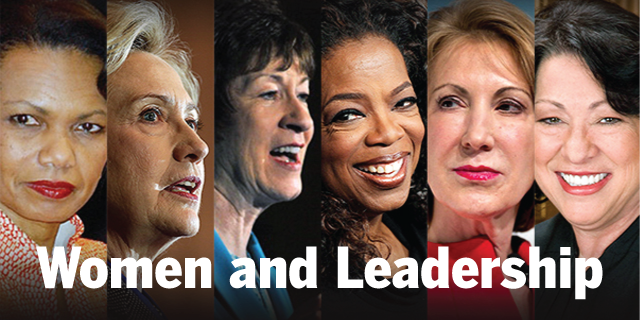
Last Sunday, the world celebrated the 117th International Women’s Day, an occasion that is used to assess the progress of women and explore new opportunities for them. Although there has been phenomenal progress since the day was first celebrated in the United States in 1909, a lot still remains to be done, especially on the political and leadership fronts. Just as running on heels is tiring, demanding, exhausting and physically taxing, so is a woman’s run for public office, whether in the university or at the national political level.
That an already physically disadvantaged Eve will face off against an Adam is made worse by society’s warped biases and perception of women based on culture, religion or pure masochism. Even the special seats accorded women by the Constitution of Kenya 2010 seem to have further jeopardised the chances of the weaker sex clinching seats in open contests. This is by “softening” their fighting spirit and creating a public perception that some seats are not meant for women.
It explains why there are no women governors and very few female senators. See also: These five women did wonderful things In university leadership, the health and environment docket is usually perceived as a woman’s position, while the union presidency is always a male affair. No single University has ever voted for a woman President despite the fact that there have been many contestants. Image, which is less considered in men, is a major factor in women.
A simple outfit out of place may lock out or reduce the chances of a woman attaining political office since society has certain expectations on women, some of which are completely misplaced. This explains why cases of stripping women were rampant in Nairobi sometime back under the pretext that they were “inappropriately” dressed.
Another major stumbling block for women’s progress in politics and leadership is finance. Although every aspiring politician experiences financial difficulties, it’s harder for women given that most of them are not as moneyed as their male opponents.
A woman’s acceptance of monetary offer may be pegged on some “favours” being demanded. Although someone once said politics and morals are not relatives, most women would rather kill their dreams than lower their morals.
The path to women leadership in politics, or even in the corporate world, is not well established to inspire young women. History is replete with incidents where women candidates were humiliated, abused or even sexually harassed by their male opponents during campaigns.
At the campus level, which is the ideal “kitchen” for national politics, things are not any better. Cases of “dirty politics” against women are as rampant during university elections as they are at the national level; which has discouraged campus ladies from venturing in leadership. As the national government works towards making the field even for women, institutions of higher learning should strive towards encouraging, educating and protecting women with political ambitions from harassment and ridicule.
Universities should also start civic education and awareness programmes to encourage women leadership. National women leaders should also create a platform for mentorship and guidance. See also: These five women did wonderful things Systems that encourage and provide this service are not available in institutions and are only left to those few concerned members of the society seeking to build on this foundation.
The current and incoming women student leaders have a great task of nurturing young leaders and creating a favourable environment for other students with these ambitions. Failure by institutions to do this will end up killing dreams of many young women across the country.
FRENCH VERSION


